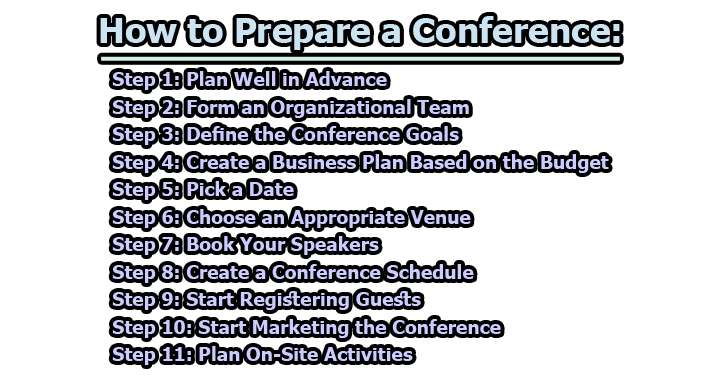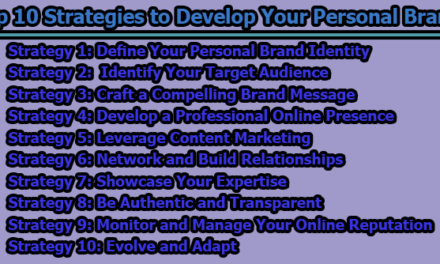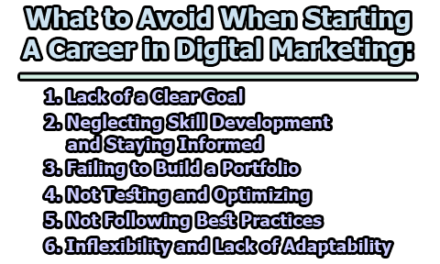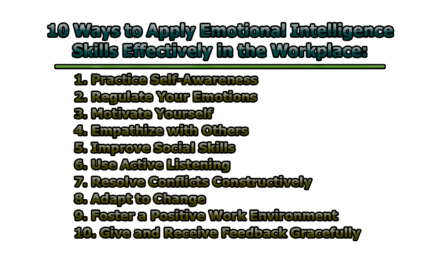How to Prepare a Conference:
Conferences play a vital role in fostering knowledge exchange, networking opportunities, and professional growth. However, organizing a successful conference requires meticulous planning and execution. From defining the conference goals to managing on-site activities, each step plays a crucial role in the event’s success. In this article, we will provide a guide on how to prepare a conference, covering essential steps from early planning to the grand finale.
Step 1: Plan Well in Advance
The foundation of a successful conference lies in early planning. Ideally, preparation should begin at least six to eight months before the event date. Early planning ensures that all necessary arrangements are made well ahead of time, avoiding last-minute chaos. Booking the conference venue and catering service should be prioritized, allowing ample time to resolve any potential schedule conflicts. Additionally, if the conference involves participants from various locations, advanced notification is essential to help them make travel arrangements.
Step 2: Form an Organizational Team
Preparing for a conference is a formidable task that requires a diverse and capable team. Dividing responsibilities among various committees helps in streamlining the process. Here are the key committees you should consider forming:
- Administration Committee: This committee handles organizational tasks such as budget allocation, issuing invitations, ticket sales, and responding to attendee inquiries.
- Planning Committee: Responsible for major aspects like finding and booking the venue, arranging accommodation for out-of-town guests, and organizing activities between conference events.
- Sponsorship Committee: This team focuses on securing funds for the conference through sponsorships, grants, fundraising, and other means.
- Marketing Committee: Tasked with promoting the event through various channels, including local media outreach, distribution of promotional materials, website creation, and social media marketing.
- Volunteers: A team of individuals to assist with various on-site activities such as ticket scanning, wardrobe management, and guiding attendees.
Step 3: Define the Conference Goals
A well-defined agenda and clear goals are crucial for a successful conference. Different conferences aim to achieve various objectives, such as:
- Exposing audiences to industry experts and thought leaders.
- Presenting case studies and best practices related to a specific topic.
- Facilitating networking opportunities for professionals to build valuable connections.
- Providing a platform for businesses to engage potential customers and partners.
- Delivering educational sessions and workshops to equip attendees with new skills.
Clearly articulating these goals helps shape the conference program and ensures it delivers maximum value to the participants.
Step 4: Create a Business Plan Based on the Budget
An accurate assessment of available funds is essential to create a viable business plan for the conference. Allocate the budget wisely to cover key expenses such as venue costs, catering, speaker fees, guest accommodation, transportation, team salaries, marketing, and contingencies. Having a well-planned budget keeps the organizing process on track and minimizes financial surprises.
Step 5: Pick a Date
Choosing the right conference date involves considering several factors. The conference duration is an essential consideration, with smaller events often conducted in a single day, while larger gatherings may span two or more days.
Other considerations for selecting the date include:
- Avoiding major events and holidays to ensure maximum attendance and ease of travel for participants.
- Preferably scheduling the last day of the conference on a Friday to allow out-of-town attendees to enjoy the weekend.
- Avoiding weekends for professional conferences as it may conflict with personal commitments.
Step 6: Choose an Appropriate Venue
Selecting the right venue is critical to the conference’s success. Consider the following factors when making this decision:
- Budget: The venue cost should align with the allocated budget for the event.
- Size and Location: Choose a venue that comfortably accommodates the expected number of guests and is easily accessible by both car and public transportation. Avoid distractions that could detract from the conference experience.
- Accommodation: The venue should be in close proximity to hotels where attendees can stay during the event.
- Catering: Check if the venue provides catering services or if you need to work with an external catering company. Adequate facilities for storing and preparing various dishes are essential.
- Technical Equipment: Ensure the venue has the necessary infrastructure to support the technical needs of the conference, depending on its theme and size.
Step 7: Book Your Speakers
The success of a conference often hinges on attracting compelling speakers who can engage and inspire attendees. Book the speakers well in advance, especially prominent figures within the conference’s field. Securing a well-known speaker can enhance the conference’s credibility, making it more appealing to other potential speakers.
Consider the following factors when booking speakers:
- Budget: Some speakers may require compensation, while others may be willing to participate without a fee.
- Technical Requirements: Determine if the speakers need specific equipment or props for their presentations.
- Additional Needs: Arrange for the speakers’ transport, accommodation, catering, and any other necessary services.
Step 8: Create a Conference Schedule
With the overall theme, venue, date, and main speakers decided, it’s time to develop the conference agenda. Ensure the schedule aligns with the conference goals, piques attendees’ interest, and keeps them engaged throughout the event.
Step 9: Start Registering Guests
Create a dedicated conference website or use a third-party ticketing platform to facilitate attendee registrations. The website should contain all relevant details, including the agenda, ticketing information, and other essential updates. Make the registration process user-friendly and straightforward.
Step 10: Start Marketing the Conference
Promote the conference through various marketing channels to reach a wider audience. Utilize social media platforms, collaborate with relevant influencers, and invite journalists and publications to attend the event. Tailor the marketing strategy to suit the conference’s theme and target audience.
Step 11: Plan On-Site Activities
As the conference dates approach, ensure all on-site activities are meticulously planned. Assign specific roles to volunteers and team members to ensure a smooth event flow. Key aspects to consider include welcoming guests, ticket scanning, schedule updates, wardrobe management, and catering arrangements.
In conclusion, preparing a successful conference is a multifaceted endeavor that requires careful planning and execution. From the early stages of forming an organizational team to the final on-site arrangements, each step contributes to the event’s overall success. By following this comprehensive guide, conference organizers can ensure that their events are well-organized, engaging, and leave a lasting impact on the participants.
Frequently Asked Questions [FAQs]:
When should I start preparing for a conference?
It is advisable to start preparing for a conference at least six to eight months in advance. Early planning allows ample time to book the venue, secure speakers, and make necessary arrangements, ensuring a successful event.
How do I form an organizational team for the conference?
To form an effective organizational team, consider creating committees with specific responsibilities. Common committees include Administration, Planning, Sponsorship, Marketing, and Volunteers, each contributing to different aspects of conference preparation.
What are the typical goals of a conference?
Conferences can have various goals, such as exposing audiences to industry experts, presenting case studies, facilitating networking opportunities, providing a platform for businesses to meet potential customers, and imparting new skills to attendees.
How do I create a budget for the conference?
To create a budget, estimate the funds available for the event and allocate them to various expenses, including venue costs, catering, speaker fees, marketing, accommodation, transportation, and potential contingencies.
How do I choose the right date for the conference?
Consider factors like avoiding major events and holidays, setting the last day on a Friday to allow weekend relaxation, and not scheduling on weekends to accommodate professional attendees’ personal commitments.
What should I look for in a conference venue?
When choosing a venue, consider factors such as budget, size, location, accommodation proximity, catering options, ease of access, and availability of necessary technical equipment.
How do I attract compelling speakers to the conference?
Booking well-known speakers within the conference’s field can enhance credibility and attract other speakers. Consider the budget, technical requirements, and additional needs of the speakers when making arrangements.
How do I create an engaging conference schedule?
Develop a conference schedule that aligns with the event’s goals, interests attendees, and ensures a smooth flow of activities throughout the event.
How do I register attendees for the conference?
Create a dedicated conference website or use a third-party ticketing platform to facilitate attendee registrations. Ensure the website provides all necessary information and simplifies the registration process.
What are effective ways to market the conference?
Use social media, collaborate with influencers, invite journalists, and leverage relevant publications to promote the conference and reach a wider audience.
What should I plan for on-site activities during the conference?
Ensure on-site activities are well-planned, with specific roles assigned to volunteers and team members. Activities may include welcoming guests, ticket scanning, schedule updates, wardrobe management, and catering arrangements.

Library Lecturer at Nurul Amin Degree College










